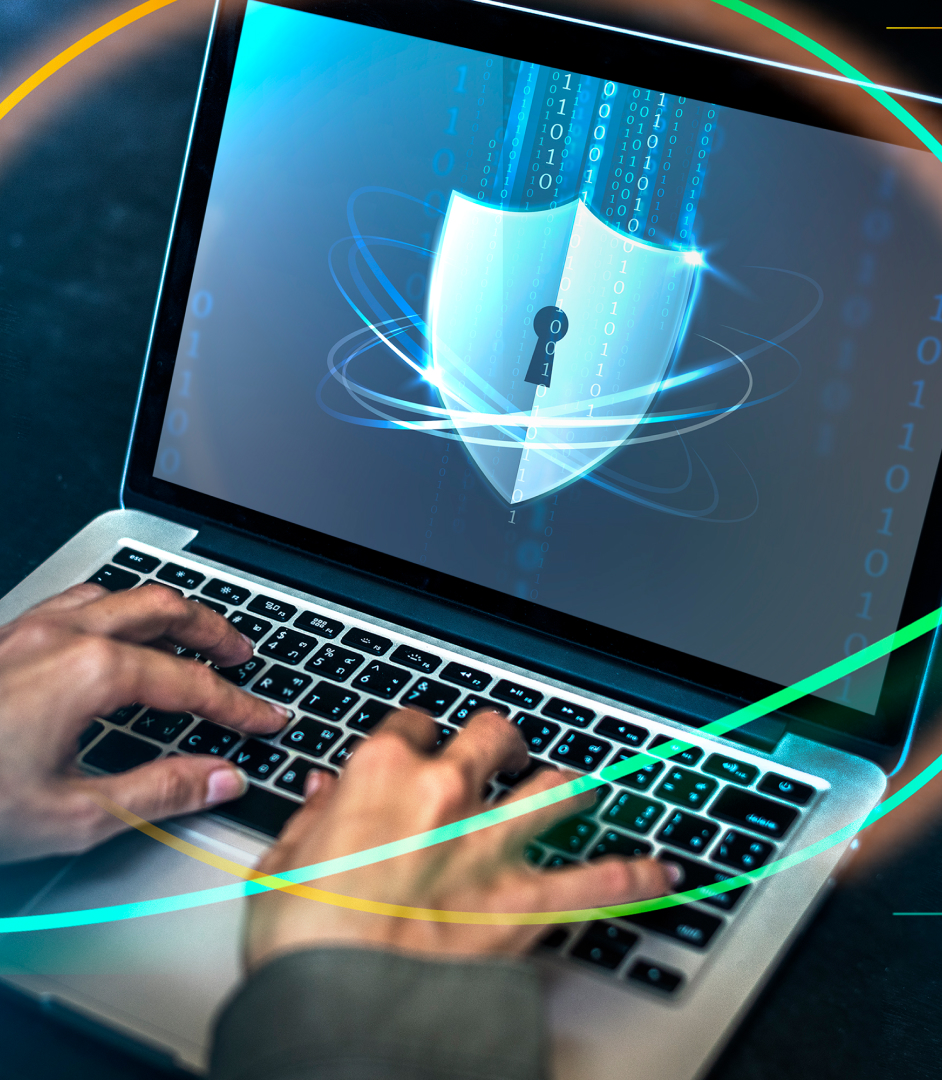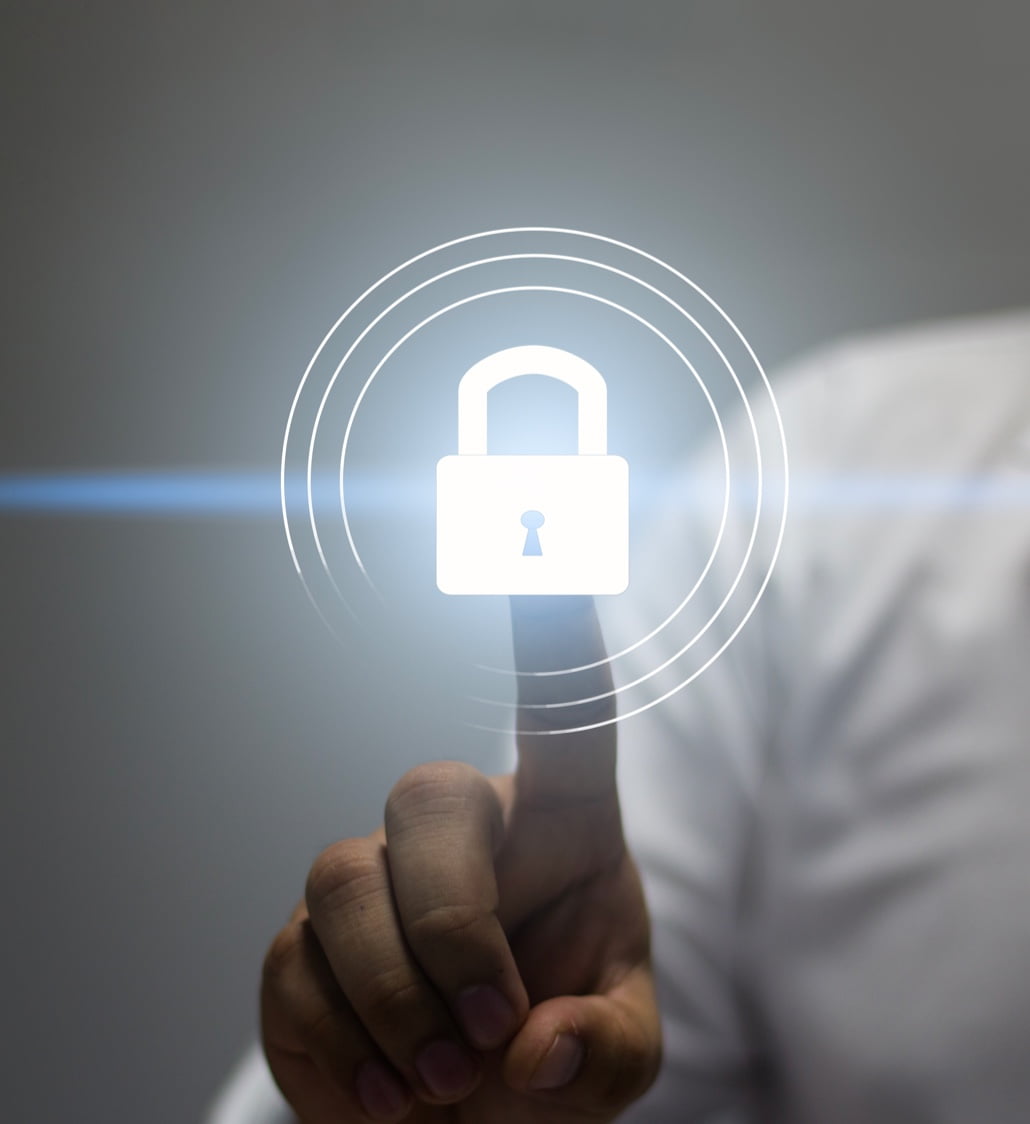IT security is the set of measures and techniques designed to protect computer systems and stored information against unauthorized access, illegal manipulation and security incidents.
IT security, why should you seek support to ensure your company’s security?
What is IT security?

It includes securing and protecting personal data against viruses, malware, malicious content, trojans, network attacks, cybercrime, hackers, phishing emails, and all types of cyberattacks. It is also essential to use suitable security software, such as antivirus or firewall, to strengthen protection against these threats.
Essential Security Policies and Practices
Cybersecurity also involves implementing security policies and practices, such as multi-factor authentication, data backup, access and usage management (authorized or unauthorized), threat awareness, and securing login credentials like username and password. It is also necessary to keep operating systems up to date to ensure security and compatibility, thus adopting a proactive approach to cybersecurity. In addition, regular operating system updates are needed to benefit from the latest security patches.
Its goal is to maintain the confidentiality, integrity, and availability of information and IT systems by reducing security vulnerabilities known as the “CIA” triad: Confidentiality, Integrity, Availability. It is important to secure applications from the development stage to prevent them from having vulnerabilities once deployed online, thereby preventing attacks and protecting user data.
Cybersecurity is becoming increasingly important with the rise of digital technologies and the growing reliance of organizations and individuals on the internet to store and transfer sensitive information. Many sectors such as healthcare, finance, defense, or public administrations are particularly concerned with cybersecurity.
It is essential to implement specific security measures to protect data in transit through browsers, applications, and networks, notably with firewalls, encryption protocols, and intrusion detection solutions, while promoting the use of professional cybersecurity tools wherever possible.
Cyberattacks can result in significant financial losses, breaches of privacy, disclosure of sensitive information, and loss of trust in businesses and governments. For example, ransomware can block access to data until a ransom is paid— a frequent example highlighting the importance of cyber defense.
Management of common risks and threats
In terms of security, various strategies and solutions are necessary to protect systems and data. Risk management is therefore crucial to anticipate and limit the impact of threats on the entire information system. The use of appropriate means, whether technical, organizational, or human, is essential to ensure effective protection.
It is therefore critical to implement effective security measures to protect IT systems and information against any threat, including those coming from employees or partners with authorized access, as well as malicious actors.
Phishing remains a major threat: caution should be exercised before clicking on a suspicious link in an email or on social media, as these links may redirect to malicious websites. A single click can compromise an entire system and cause significant damage. Modern antivirus solutions integrate advanced technologies to detect and block threats in real time.
Who can set up and manage your IT security?
The implementation and management of IT security can be carried out by several types of professionals and resources, including :

In-house team: Some companies may choose to entrust responsibility for IT security to an in-house team of professionals, such as system administrators, security analysts or IT security engineers.
Managed service provider: Companies can also choose to use a security specialist or managed service provider to implement and manage their IT security.
IT security consultants: Companies can call on IT security consultants for advice on best security practices and measures.
Security software products: Companies can also use security software products to protect their network and data, such as anti-virus software, firewalls, intrusion detection systems and so on.
The choice of security solution will depend on the company’s needs and resources, as well as the complexity of its IT environment. It’s important to work with qualified professionals to ensure proper IT security.
If you too would like to take part in the fight against cybercrime, please contact us. Our IT security experts will listen to your needs and expectations, and propose security solutions tailored to your needs.




